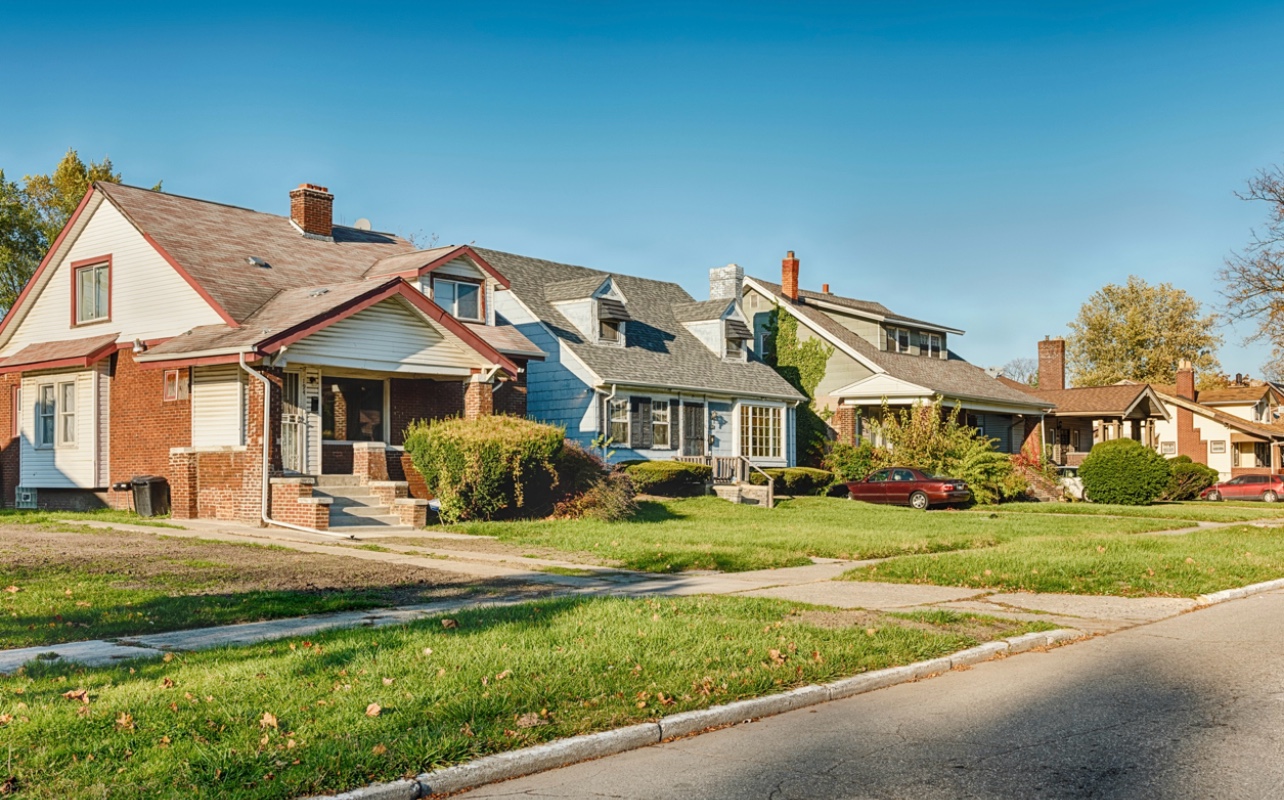May 13, 2024
According to Black residents, Kinston is targeting homes and property that belong to Black individuals or families for condemnations.
In Kinston, North Carolina, residents are noticing a pattern with how the city is condemning homes in the town’s majority Black neighborhoods. Residents like Joseph Askew Sr., who has amassed several properties over the years, see a clear racial bias in how the city is conducting its business. According to Askew, instead of fairly assessing homes and properties in the city in need of repair or maintenance, Kinston is targeting homes and property that belong to Black individuals or families.
As Capital B News reports, once Askew started to look into how the city picked properties it wanted to condemn, he and other residents began to notice that their list mostly consisted of property in Black areas of the city and not the city’s white areas, even if those areas were in worse shape than the Black homes and properties that made the list. Askew and two others, Curtis Washington and Gordon Wade III, sued the city, white leaders of the city planning department, and the city’s all-Black city council in 2019 to stop the city from demolishing their properties. The suit worked, but then their case was dismissed by the North Carolina Court of Appeals in December 2022 because the trio failed to first engage with potential local remedies available to them.
Their case now is headed to the North Carolina Supreme Court, which as Capital B notes, is a conservative-led body. According to Justice Anita Earls, the Court’s sole Black justice and a Democrat, the case could have wide-ranging implications for the practice of condemning property. Earls expressed to the outlet that if the court rules against the trio’s case, it could make it possible for local governments to condemn property of those who condemn public officials and force them to navigate a lengthy process before the possibility of any potential First Amendment violations can be raised.
This issue is indicative of a continuous cycle of obliterating Black neighborhoods for the sake of blight and economic development. In Black neighborhoods, there are usually older and deteriorating homes, which makes them easy targets for demolition.https://t.co/FyZhmSUQHY
The city, meanwhile, defended its practice in court filings, asserting that “Despite Plaintiffs’ repeated speculation that Kinston is trying to ‘snatch’ property from African American owners, Kinston has never foreclosed to take ownership of a property after Kinston demolished the building.”
Kinston, however, is far from the only city with a predominantly Black community facing an allegedly arbitrary condemnation process. Independence, Missouri, and Ocean Springs, Mississippi, are two other cities where Black neighborhoods have been targeted for demolition through various means, including eminent domain, a practice, which has been linked to the widespread displacement of Black communities to build the American highway system. Dana Berlinger, a senior vice-president and litigation director at the Institute of Justice, who served as counsel for a civil rights lawsuit filed on behalf of Ocean Springs residents, told Capital B that keeping pressure on cities can help curtail actions from cities on homes.
“The public is often shocked and outraged when these projects and plans become known, and that can make cities back off,” Berliner told the outlet. “When you organize and bring to light what is happening, often the people are ashamed of what they’re doing, and they’ll proceed as long as no one calls them out on it.”
Askew, meanwhile, is determined to keep fighting for his properties, no matter what happens with the North Carolina Supreme Court, as he told Capital B. “I have to pray daily for strength for myself to take on a municipality or another arm of the government because if I don’t, then these injustices will continue on,” Askew said. “I can’t live my life knowing when I see something wrong and do nothing. No, I don’t sleep good at night, but when I know I fought a good fight — it’s just like the Bible — you don’t worry about what’s going to happen to you as long as you know that what you’re doing is right.”
RELATED CONTENT: Virginia State Legislator Urges Universities To Address Displaced Black Communities
Enter your Email Address below to get our fun-filled Newsletter!
© 2024 Black Enterprise. All Rights Reserved.

